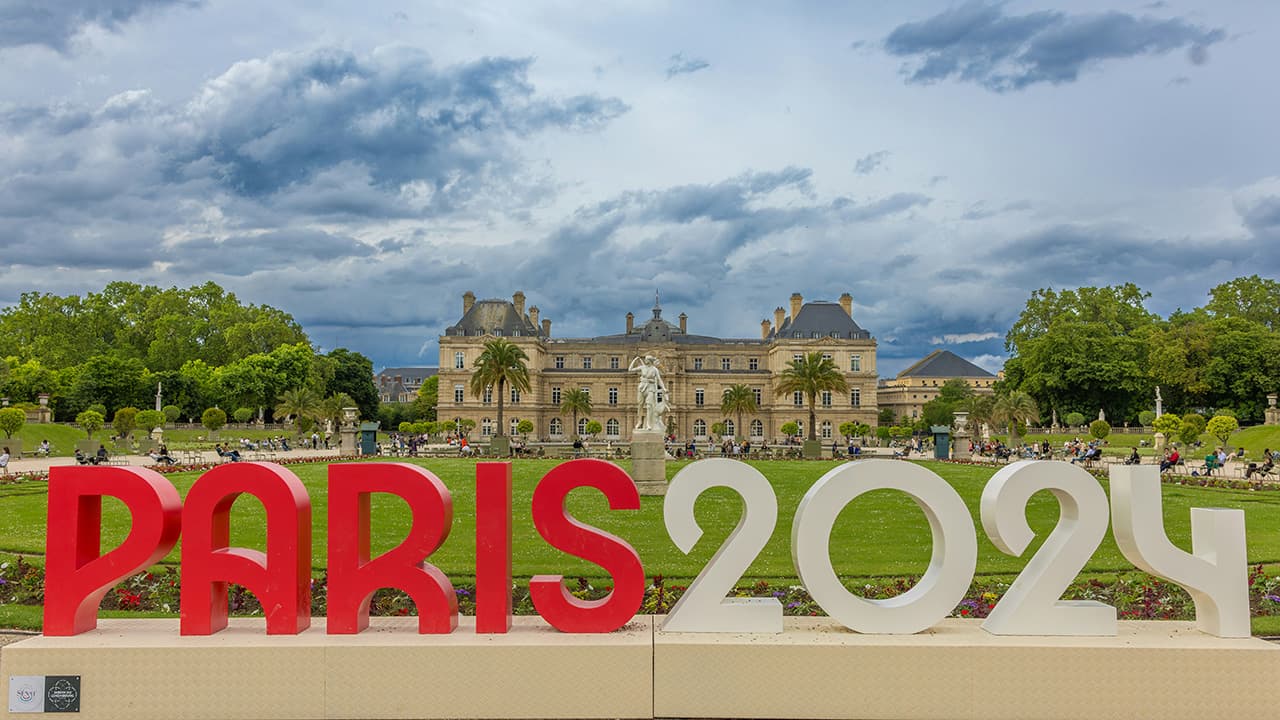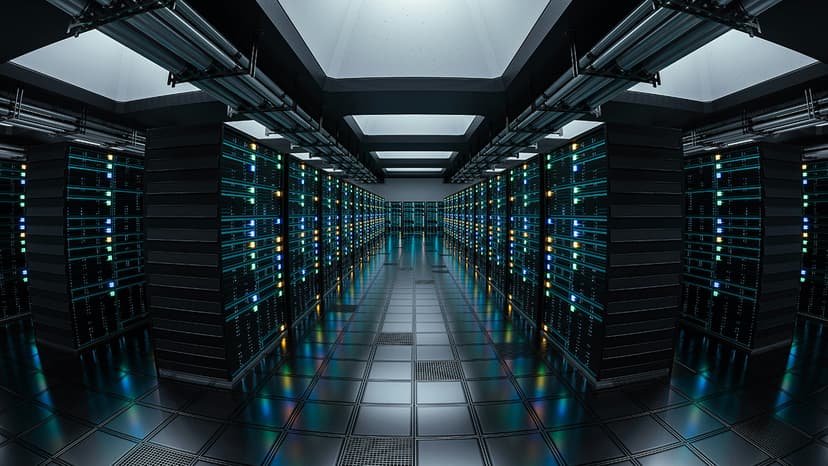What New Technologies Will Be Used in Paris Olympics 2024?
The Paris Olympics 2024 promises to be a showcase of cutting-edge technology that will enhance the experience for athletes, spectators, and organizers alike. From advanced transportation systems to innovative sports equipment, the games will highlight the incredible advancements in technology. Let's explore some of the key technologies that will be featured in the Paris Olympics 2024.
Smart Infrastructure
Eco-Friendly Transportation
Paris is committed to making the 2024 Olympics one of the greenest ever. A significant part of this effort is the introduction of eco-friendly transportation options. The city will deploy electric and hydrogen-powered buses to reduce carbon emissions. These vehicles will be equipped with advanced navigation systems to optimize routes and ensure timely arrivals.
The public transportation system will also feature real-time tracking through mobile apps, allowing spectators to plan their journeys efficiently. This integration will help manage the flow of visitors and minimize congestion in key areas.
Smart Stadiums
The venues for the Paris Olympics will be smart and sustainable. Sensors will be installed throughout the stadiums to monitor energy consumption, crowd movement, and environmental conditions. This data will be used to adjust lighting, heating, and cooling systems in real-time, ensuring a comfortable experience for everyone.
One standout example is the Grand Palais, which will host fencing events. This historic venue has been upgraded with state-of-the-art technology to enhance its sustainability and functionality. Smart seating arrangements, digital ticketing, and contactless payments will be standard features across all venues.
Advanced Athlete Support
Wearable Technology
Wearable technology will play a crucial role in athlete performance and safety. Athletes will have access to smart wearables that monitor vital signs, track movements, and provide real-time feedback. These devices will help coaches and medical staff make informed decisions about training and recovery.
For instance, smart clothing embedded with sensors will track an athlete's heart rate, muscle activity, and hydration levels. This data will be transmitted to a central system where it can be analyzed to optimize performance and prevent injuries.
Virtual Reality Training
Virtual reality (VR) is revolutionizing the way athletes train. In the lead-up to the Paris Olympics, many athletes are using VR to simulate competition scenarios. This technology allows them to practice in a controlled environment, replicating the conditions they will face during the actual events.
VR training is particularly beneficial for sports like gymnastics and diving, where precision and timing are critical. By using VR headsets, athletes can visualize their routines and make adjustments in real-time, leading to better performance on the day of the competition.
Spectator Experience
Augmented Reality
Augmented reality (AR) will enhance the spectator experience both at the venues and for those watching from home. AR apps will provide real-time information about the events, including athlete stats, historical data, and interactive maps of the venues.
Fans at the stadiums can use their smartphones to access AR features that overlay additional content onto the live events. For example, during a track and field event, spectators can see virtual lanes highlighting the positions of each athlete, along with their speeds and predicted finish times.
5G Connectivity
The introduction of 5G technology will ensure seamless connectivity throughout the games. This high-speed network will support the vast amount of data being generated by smart devices and streaming services. Spectators will enjoy uninterrupted live streams, instant replays, and interactive content on their mobile devices.
5G will also enable new experiences, such as virtual attendance. Fans who cannot make it to Paris will be able to attend events virtually, experiencing the atmosphere and excitement as if they were there in person.
Sustainable Innovations
Renewable Energy
Paris is leveraging renewable energy sources to power the Olympics. Solar panels and wind turbines will be installed at various venues to generate clean energy. This commitment to sustainability is part of a broader effort to minimize the carbon footprint of the games.
The Olympic Village, where athletes will reside, will be a model of sustainable living. The village will feature energy-efficient buildings, green spaces, and waste recycling programs. After the games, the village will be converted into affordable housing for local residents.
Water Conservation
Water conservation is another key focus for the Paris Olympics. Advanced irrigation systems will be used to maintain the landscaping of the venues. These systems will utilize sensors to monitor soil moisture levels and adjust water usage accordingly.
Additionally, rainwater harvesting systems will collect and store rainwater for various uses, reducing the demand on the local water supply. These efforts will ensure that the games are environmentally responsible and set a new standard for future events.
Cutting-Edge Broadcasting
Ultra-High Definition (UHD) and 360-Degree Coverage
The Paris Olympics will be broadcast in ultra-high definition (UHD), providing viewers with crystal-clear images. This advancement in broadcasting technology will bring the action closer to home, making every detail visible.
For an even more immersive experience, some events will be covered using 360-degree cameras. This technology allows viewers to control their perspective and watch the events from any angle. Whether it's the opening ceremony or a thrilling finish in the 100-meter dash, spectators will feel like they are part of the action.
AI-Powered Commentary
AI will be used to enhance the commentary and analysis of the games. AI algorithms can process vast amounts of data in real-time, providing insights and predictions that would be impossible for human commentators to deliver.
For example, AI can analyze an athlete's performance history and predict their chances of winning a particular event. It can also generate instant replays with detailed annotations, helping viewers understand the finer points of each competition.
The Paris Olympics 2024 will be a spectacular showcase of innovation and technology. From smart infrastructure and advanced athlete support to immersive spectator experiences and sustainable practices, the games will highlight the incredible advancements that are shaping the future of sports. As we look forward to this global event, it's clear that technology will play a pivotal role in making the Paris Olympics an unforgettable experience for everyone involved.













